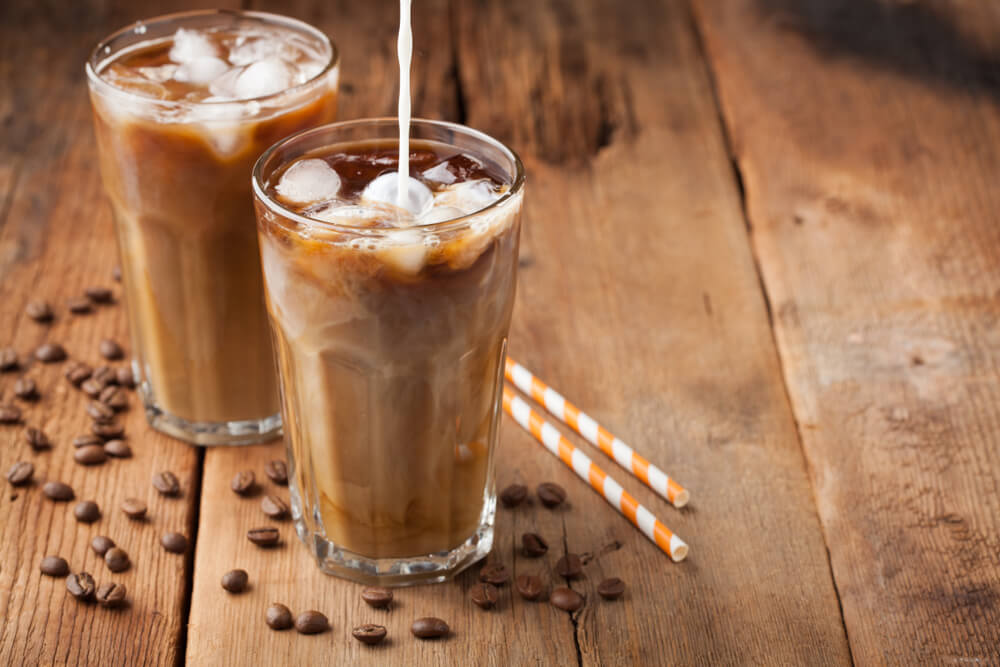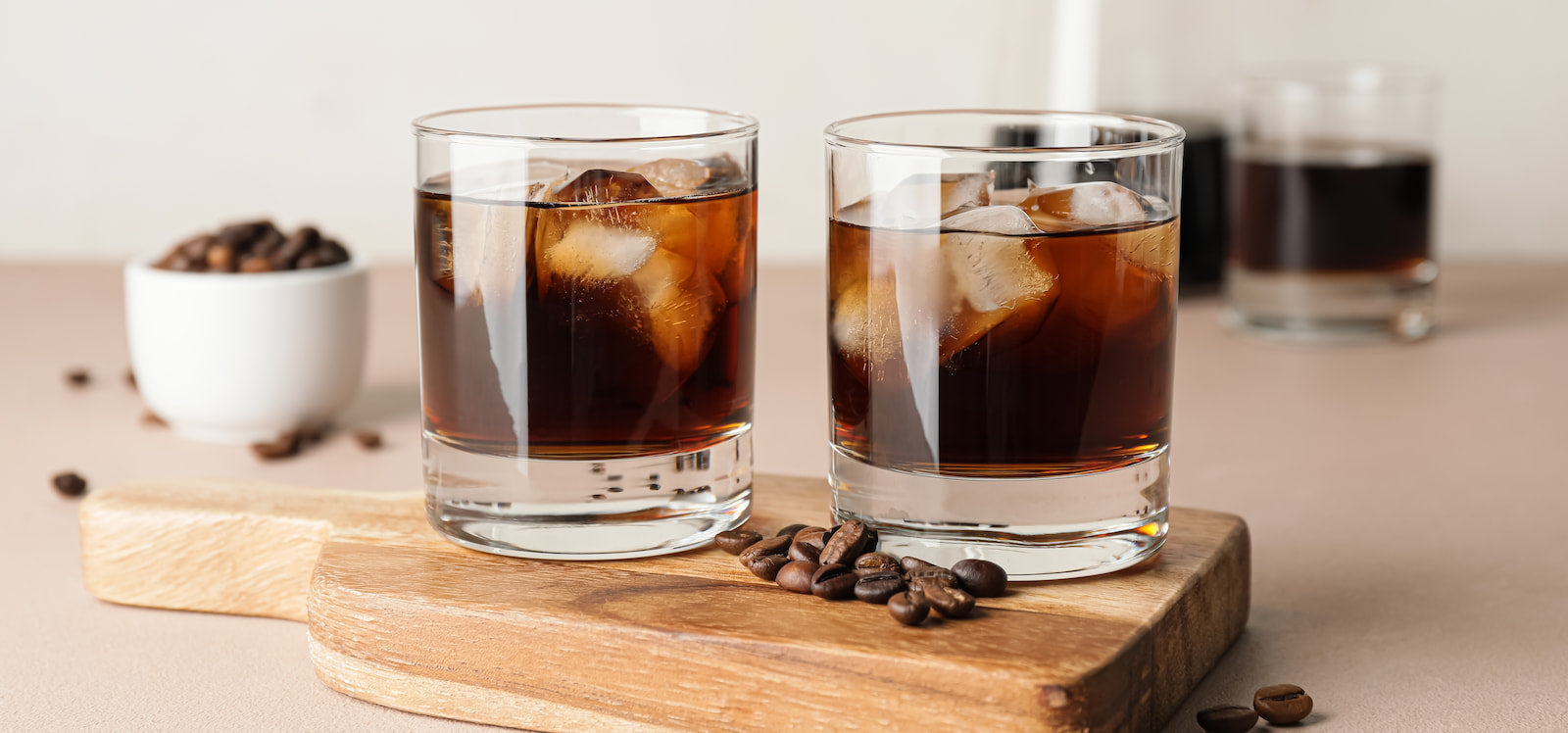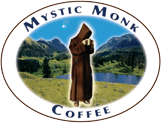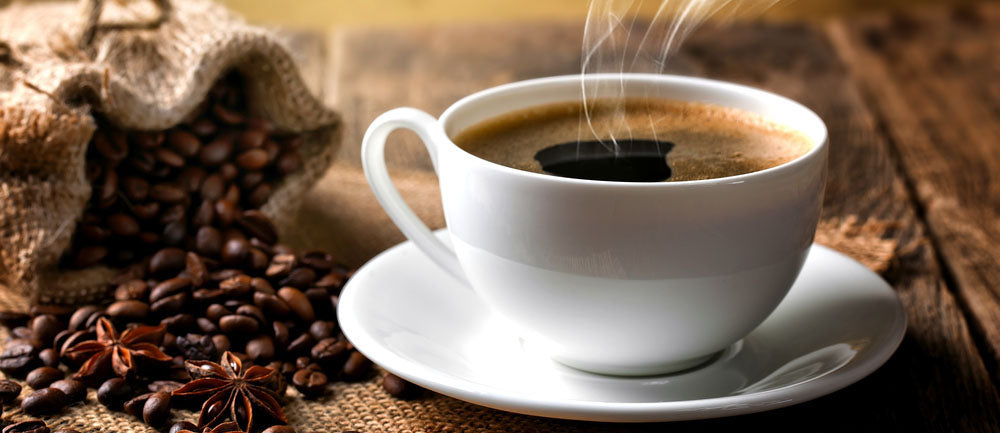There's something almost undeniably sacred about that first morning cup of coffee: the swirl of bean and cream in your favorite mug, the inviting aroma that wraps you in comfort, and the warmth that steadies you before the day unfolds. But once the mug is empty, many coffee lovers wonder: How long does caffeine actually last?
Whether you're sipping a dark roast as you watch the sun rise or reaching for a midday pick-me-up, it helps to know what caffeine is doing behind the scenes. Let’s dive into what happens after you take that last heavenly sip.
The Journey of Caffeine: From Sip to System
Caffeine doesn’t simply jolt you awake in one fell swoop. It moves through your body in a quiet, measured procession. Within 15 to 30 minutes, caffeine begins working its way into your bloodstream. Around the 45-minute mark, it reaches peak potency.
But the real magic — or mystery — lies in what comes next.
The “half-life” of caffeine (the time it takes for your body to eliminate half your caffeine intake) is typically 3 to 5 hours. That means if you drink a cup of coffee containing 100 mg of caffeine at 9 a.m., you’ll still have around 50 mg in your system up to 2 p.m.
Depending on your body’s unique metabolism, caffeine can take anywhere from 8 to 14 hours to fully leave your system.
So...How Long Does Caffeine Last?
Here’s the short answer: Caffeine can stay in your system for 8 hours or longer.
But the perceived effects, such as improved concentration, alertness, and that wonderfully energized feeling, tend to taper off after about 4 to 6 hours. It’s around this time that many reach for a second cup, seeking not just energy, but a return to that warm, familiar rhythm.
What Affects Caffeine Duration?
Caffeine affects everyone differently, and that’s no accident. Your body's relationship with this widely loved stimulant is uniquely yours, shaped by:
- Individual Tolerance: The seasoned coffee drinker may feel less intensity, even though caffeine still lingers internally. Newer drinkers, on the other hand, may feel a strong buzz from even a small cup.
- Lifestyle Factors: Medications, hormonal changes (like pregnancy), and habits like smoking can all affect how your body processes caffeinated beverages. Your sleep schedule, hydration levels, and whether or not you’ve eaten can also play a role.
- Liver Health: Did you know that your body's ability to metabolize caffeine comes from the liver? That's why your overall liver health plays a quiet but crucial role in how quickly (or slowly) the effects of caffeine are cleared from your system.
In short, caffeine’s duration isn’t just about the coffee, energy drinks, or tea — it’s also about you. Like a prayer echoed by many voices, the experience is personal, even if the pattern is shared.
What Does Caffeine Feel Like Over Time?
Caffeine’s effects unfold gradually, much like the day itself. Here’s what that progression often feels like:
- Within 30 to 60 Minutes: The fog lifts. Your mind sharpens and your thoughts organize. It’s not a jolt per se. It’s simply clarity slipping in through the back door. You feel a little more present, a little more awake, and a little more you.
- 2 to 4 Hours: You’re in sync, moving through your day with purpose. Tasks feel smoother, and focus flows more easily. This is the sweet spot you know and love: when caffeine and your own natural energy align perfectly. You feel your most productive here.
- 5 to 6 Hours: The edges soften. You’re not crashing, but the buzz has noticeably mellowed. Maybe you stretch. Maybe you sigh. Maybe you decide to brew another cup — not just for the caffeine, but to revisit the comfort of that first sip.
- 6 to 8+ Hours: The caffeine may no longer feel active, but it hasn’t fully left your system yet. It lingers silently, influencing your brain and body. You may feel slightly restless, find it harder to unwind, or experience difficulty sleeping at night, especially if you’re sensitive to caffeine. This is when many people realize just how long a single cup can echo, and why timing your brew matters.
Caffeine’s journey isn't just chemical. It’s experiential. And when it begins with a mug of Mystic Monk Coffee, it becomes a story worth savoring.
How Much Caffeine Is in Your Cup?
Before you can understand how long caffeine lasts, it helps to know how much you’re actually drinking. Not all cups are created equal, and the difference between a gentle lift and a lingering buzz often comes down to what — and how — you brew.
|
Beverage |
Serving Size |
Average Caffeine Content |
|
Drip Coffee |
8 oz. |
95 to 200 mg |
|
Espresso |
1 oz. |
64 mg |
|
Black Tea |
8 oz. |
30 to 50 mg |
|
Green Tea |
8 oz. |
25 to 45 mg |
|
Herbal Tea |
8 oz. |
0 mg (naturally caffeine-free) |
|
Decaf Coffee |
8 oz. |
2 to 15 mg |
|
Cold Brew Coffee |
8 oz. |
100 to 200 mg |
|
French Press Coffee |
8 oz. |
80 to 135 mg |
It’s a common myth that darker roasts have more caffeine. In truth, light roasts often contain slightly more, since their beans are denser and retain more caffeine during the roasting process.
So, if you’re sipping a light roast from Mystic Monk Coffee, you’re likely getting a gentler flavor with a stronger wake-up call.
What Does A Caffeine "Crash" Feel Like?

The so-called caffeine crash doesn’t strike everyone. But when it does, it can feel like a sudden loss of momentum. You might notice:
- Irritability or restlessness
- A wave of fatigue once the initial lift fades
- Difficulty concentrating
- A mild headache or a dip in mood
Caffeine is a stimulant, and like all stimulants, it interacts with your brain’s chemistry. Specifically, your dopamine and adenosine receptors are affected. And in simpler terms, that means “you feel energized and productive…until you don’t.”
But caffeine-induced jitters and crashes aren’t inevitable. With a little intention, your coffee ritual can stay smooth and restorative. To help keep your energy steady, try:
- Starting your day with a balanced breakfast (protein, fiber, and healthy fats offer slow-burning fuel to support your caffeine boost)
- Drinking water alongside your coffee to stay hydrated and grounded
- Sipping smaller, more frequent cups instead of one oversized brew that overwhelms your system
And remember, with a well-crafted roast — like those from Mystic Monk Coffee — the goal isn’t to race through the day, but to move through it with clarity and calm.
Best Time of Day To Drink Caffeine (And When To Opt for Decaf)
Your body follows a natural rhythm that coffee or tea can support or disrupt (depending on when you drink it). When consuming caffeine, timing isn’t just helpful. It’s everything.
Best Times to Sip:
- Mid-morning (9:30–11:30 a.m.): Your cortisol levels dip naturally during this time, making it the perfect window for caffeine to shine.
- Early afternoon (1–2 p.m.): This time is great for a gentle boost that will carry you through the afternoon slump without setting yourself up for a restless night.
When to Cut Off:
- Mid-afternoon (After 2–3 p.m.): Caffeine can stay in your system well into the night, delaying your body’s ability to fall asleep and fully unwind. For most people, it's best to stop drinking caffeine at this time and explore decaf options instead.
Looking for a cozy nightcap? Try our Peppermint Tea or Peaceful Monk Tea. They're perfect for winding down and ensuring good sleep quality without giving up the ritual that brings you so much joy.
Enjoy Mindful Mornings and Steady Energy With Mystic Monk Coffee

So, how long does caffeine last? Typically, you'll experience 4 to 6 hours of noticeable effects, with subtle traces lasting up to 12 hours.
At Mystic Monk Coffee, we believe your coffee ritual should be deeply enjoyed. It should be a moment of quiet joy savored slowly, fully, and with intention. Each batch of coffee beans we roast in the stillness of the Rocky Mountains is a labor of love, crafted not only to awaken your senses but to nourish your spirit throughout the day.
Explore our collection of handcrafted coffees and teas, and discover how a mindful brew can become the most meaningful part of your daily routine.
Because caffeine doesn’t just wake you up, it lingers, and shapes your day. Make every sip a sacred one.
Caffeine FAQs & Common Myths
How much caffeine should I consume in a day?
For most healthy adults, up to 400 milligrams of caffeine per day is considered safe. That’s roughly the amount in four small cups of brewed coffee.
Of course, your ideal intake depends on factors like individual sensitivity, body weight, and daily routine. The key is to listen to your body and enjoy each cup with mindfulness and balance. Too much caffeine doesn’t have to mean the end, just a new, gentler approach.
Can you build a tolerance to caffeine?
Absolutely. Like any good habit, your body adjusts. Over time, you might need to increase your caffeine consumption to feel the same lift. But more isn’t always better. If your morning cup isn’t hitting the same way, try:
- Switching roasts
- Taking a short caffeine break
- Reframing your routine (focus on the ritual, not just the rush)
Does decaffeinated coffee have no caffeine?
Not quite. Decaf coffee still contains a small amount of caffeine (usually around 2 to 15 milligrams per cup). It’s a much gentler choice for those who want the comfort of a warm mug without the energy buzz.
Does caffeine dehydrate you?
While caffeine has mild diuretic properties, your daily cup won’t dehydrate you (in moderation). In fact, coffee actually contributes to your fluid intake. Just balance your beloved caffeine source with water throughout the day to stay well-hydrated.
Can caffeine keep me awake at night?
It can, but it depends on the timing. Enjoying a cup in the morning or early afternoon is unlikely to interfere with sleep. For late-night sipping, reach for one of our herbal tea blends.
How late is too late to drink caffeine?
A good rule of thumb is to avoid caffeine within 6 to 8 hours of bedtime. For most people, that means to stop ingesting caffeine around 2 or 3 p.m. If you’re craving something warm and comforting later in the day, a decaf or herbal blend makes a lovely stand-in.
Read more

Every year, baristas, at-home roasters, and cafe enthusiasts alike celebrate a day reserved for coffee’s best. Either at their favorite local shop or right in their kitchen, coffee lovers grind, ro...

Few things taste more refreshing than a glass of homemade cold brew on a warm summer afternoon. From the mellow flavor and velvety texture to the steady caffeine lift, a great cold brew feels like ...


